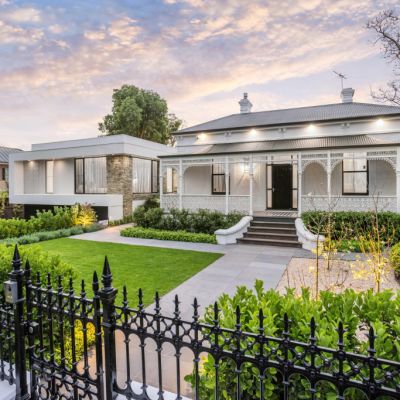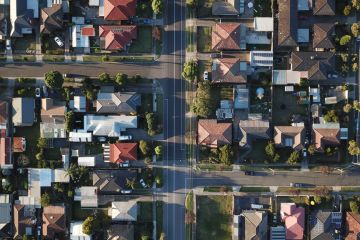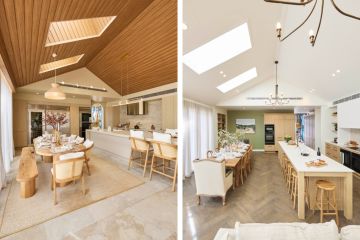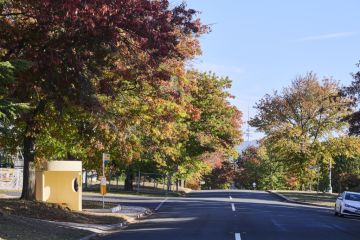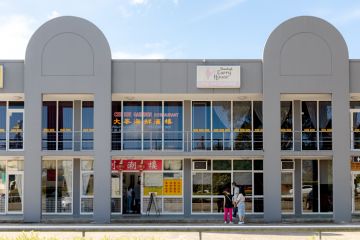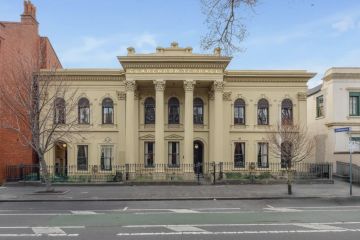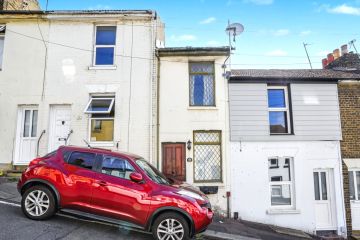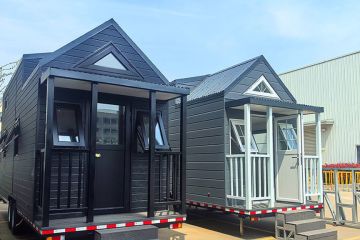Adelaide suburbs outpace other capital cities in property annual growth
Known for its picturesque surroundings, lively wineries and vibrant cultural scenes, Adelaide is an inviting destination for travellers, potential home buyers and investors.
It’s also home to all the best-performing capital-city suburbs in terms of price growth over the past 12 months, with new records being set in the recent quarter – a result of Adelaide dodging last year’s property downturn.
According to the latest Domain House Price Report, postcodes like Glenelg North, Kurralta Park and Elizabeth North are leading the way.
| Suburb | Property | Median | Annual change |
| Glenelg North | Unit | $535,000 | 52.9% |
| Kurralta Park | House | $750,000 | 27.3% |
| Elizabeth North | House | $318,000 | 27.2% |
| Salisbury | Unit | $320,500 | 27.2% |
| Kilburn | House | $636,500 | 26.8% |
| Elizabeth Downs | House | $348,150 | 26.6% |
The current driver for Adelaide’s growth is its affordability, says Domain chief of research and economics Dr Nicola Powell.
“Traditionally, what we see coming out of Adelaide is more modest paces of growth,” she says. “They tend to avoid downturns, and it continues to be a good achiever over time. This changed during the pandemic because we saw a substantial upswing. Adelaide was one of the top performers in terms of growth during the pandemic.”
Since March 2020, Adelaide house prices have gone up 48.9 per cent, and unit prices have risen 39.7 per cent – among the strongest growth rates in the country.
In comparison, houses in the combined capitals went up by 28.3 per cent in the same period, and units rose by 4.8 per cent.
“It really has been that pot of gold at the end of the rainbow,” Powell says.
The unit market has soared as better rental yields have enticed more investors to buy property and have pushed up the prices, she adds.
According to the latest Domain Rent Report, Adelaide units return a 5.34 per cent rental yield – greater than the combined capital average of 4.98 per cent.
Units in Glenelg North – south-west of the CBD – recorded a massive 52.9 per cent jump. Its median price now sits at $535,000.
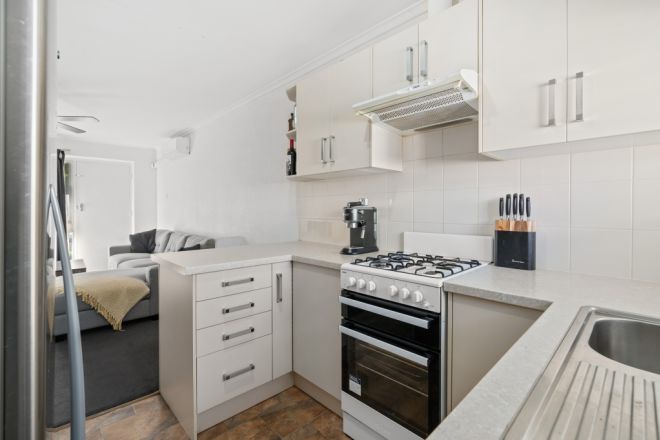
“Other suburbs along the coastline have grown [in price] so much as well, but they’ve always been more overpriced than Glenelg North,” says Steve Krause of Magain Real Estate Adelaide.
He attributes the current unit growth to the number of former investment properties returning to the market.
“Investors are seeing gains by selling their units from the last four years,” Krause says. “They are offloading while taking advantage of the COVID price rise, and other [investors] are picking them up.”
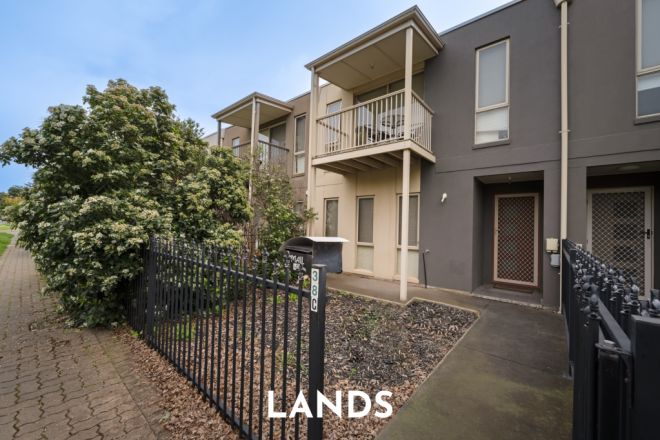
The increase in investor selling activity is not exclusive to Glenelg North; its northern neighbour Kilburn has also seen the same movement.
“A lot of investors are selling what they have – 30 per cent of what we have on the market at the moment is old investor properties,” says Tyson Bendow of Lands Real Estate.
Bendow says most inquiries and open-home attendees for these properties are first-time home buyers looking to enter the property market.
Compared to capital cities like Sydney, Melbourne and Canberra, Adelaide is generally a more affordable market for anyone looking to put their foot in the door or looking to invest.
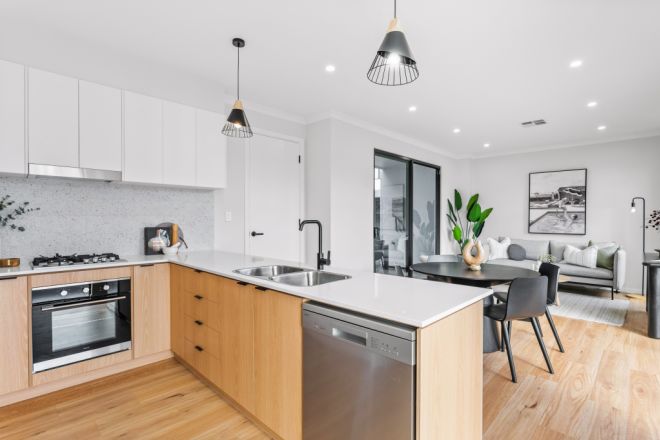
Josh Morrison of Magain Real Estate Adelaide says there have been a lot of old homes on big blocks being demolished to make way for the development of townhouses, creating more supply and opportunities for buyers at the more affordable end of the market.
“[Adelaide suburbs] are still quite affordable despite people being able to borrow less,” he says. “It attracts a lot of people looking for a great place near the beach and won’t hurt their pockets.”
We recommend
We thought you might like
States
Capital Cities
Capital Cities - Rentals
Popular Areas
Allhomes
More

/http%3A%2F%2Fprod.static9.net.au%2Ffs%2Ffed8d8eb-3ece-4fc7-b07c-e66050e2f360)
